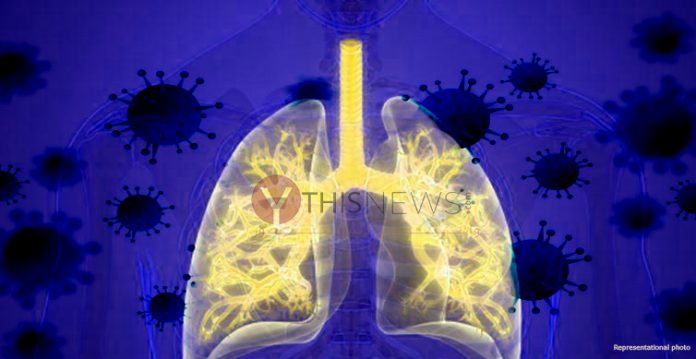London: Researchers have uncovered that lung tissue of patients who suffered critically from COVID-19 shows good recovery in 3 months in most cases.
The research from Radboud University in the Netherlands, issued in the journal Clinical Infectious Diseases, included 124 patients who had recuperated from acute COVID-19 infections.
Patients were classified into three categories for the study: a group with patients who were admitted to the ICU, a group of patients who were admitted to a nursing ward in the hospital, lastly a group with patients who could remain at home however experienced persisting symptoms that in the end warranted a referral from their doctors.
The examination assessed how patients fared following three months and uncovered that the patients who were referred to the aftercare clinic by their doctors indicated the worst recovery in the following time frame.
The study authors wrote that the patients were examined by CT scan, a lung functional test and more.
Following three months, the researchers assessed the situation, which uncovered that the patients’ lung tissue is recovering great. Residual damage in the lung tissue was generally restricted and is regularly found in patients who were treated in the ICU.
The most widely recognized complaints following three months are tiredness, shortness of breath and chest pains. Numerous individuals also still experience limitations in their everyday life as well as a decreased quality of life.
Study author Bram van den Borst stated: “The patterns we see in these patients show similarities with recovery after acute pneumonia or acute respiratory distress syndrome (ARDS), in which fluid accumulates in the lungs.”
Borst added that recovery from these conditions also generally takes a long time. It is encouraging to see that lung after Covid-19 infections exhibit this level of recovery.
It is striking that the research group hardly found any anomalies in the lungs of these patients.
Borst said that considering the variety and seriousness of the complaints and the plausible size of this subgroup, there is an urgent need for further research into explanations and treatment options.


